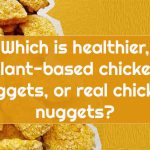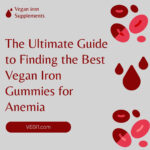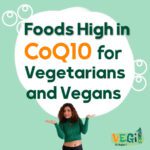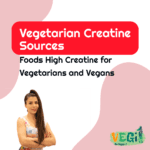Foods High in Magnesium for Vegetarians and Vegans
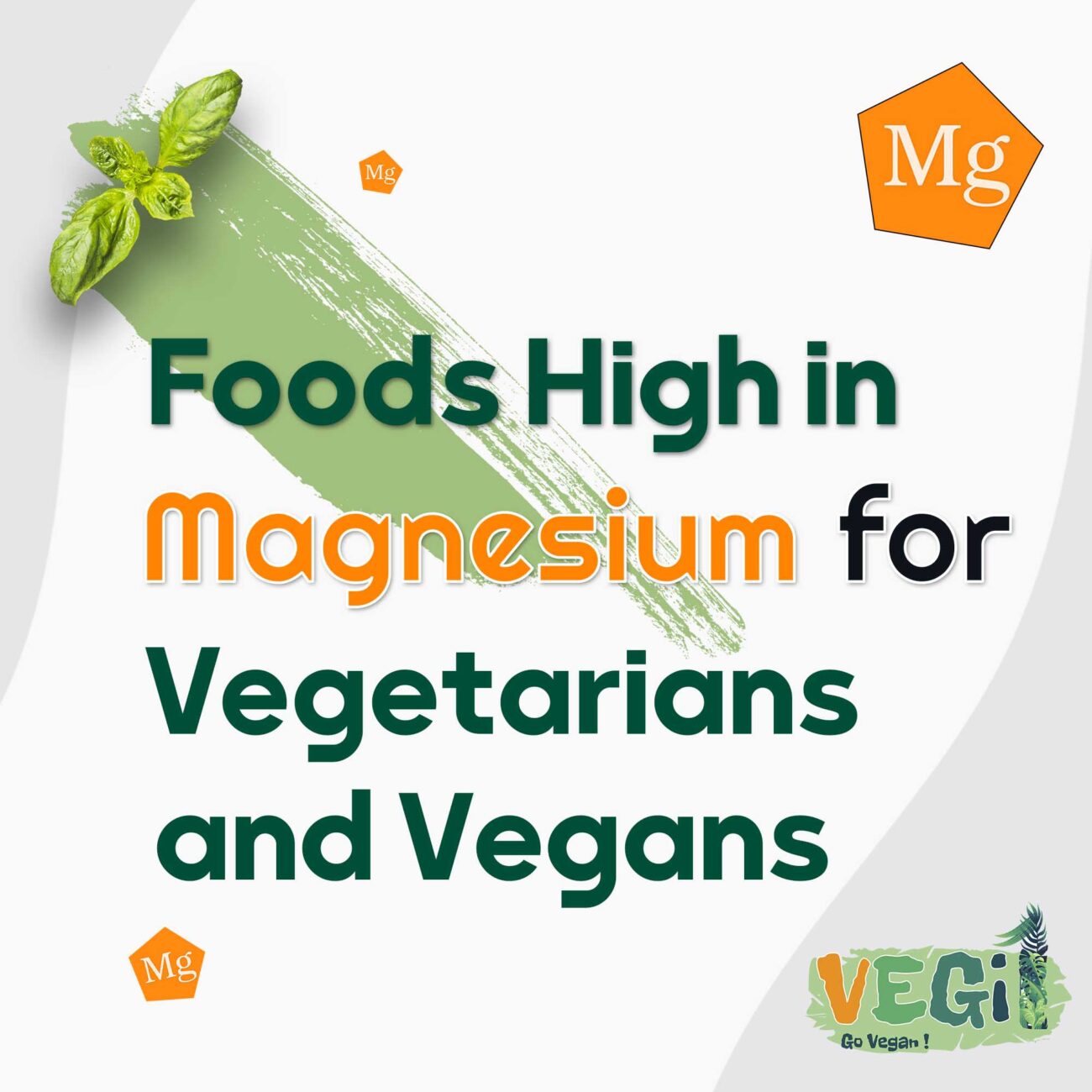
For Vegans and anyone that’s looking for some easy tips on how to go fully plant-based. | Magnesium foods, Magnesium rich foods, Foods high in magnesium
In this article you will read:
What is magnesium? Why is Magnesium Important?
Magnesium is an essential mineral that plays a role in many functions of the body. It helps with muscle and nerve function, regulates blood sugar levels, and keeps bones strong.
Magnesium is an essential, and the body requires it for more than 300 different biochemical reactions. These include protein synthesis, muscle function, nerve transmission, and blood sugar control.
In addition to its many roles in your body, magnesium has also been shown to be beneficial for your heart and bones.
Magnesium is an essential mineral that the body requires in small amounts. It plays a role in more than 300 biochemical reactions in the body. Magnesium helps maintain normal muscle and nerve function, keeps heart rhythm steady, supports a healthy immune system, and keeps bones strong. Magnesium also helps regulate blood sugar levels, promotes normal blood pressure, and is known to be involved in energy metabolism and protein synthesis.
Magnesium helps regulate nerve and muscle function, supports bone health, keeps heart rhythm steady, and promotes normal blood pressure. Magnesium also helps activate B vitamins, helps produce protein and DNA, and is involved in energy metabolism.
What are the symptoms of magnesium deficiency?
Magnesium deficiency is not a common occurrence.
The most common cause of magnesium deficiency is inadequate intake. Magnesium supplements are often used to treat the condition.
Magnesium deficiency is not the same as hypomagnesemia, which is a low level of magnesium in the blood.
Symptoms of magnesium deficiency include:
- Nausea, vomiting and abdominal pain (early stage)
- Fatigue, weakness and muscle cramps (middle stage)
- Seizures and loss of consciousness (late stage).
Magnesium and vegan diet
Vegetarians and vegans may need to be careful about their magnesium intake because some plant foods contain phytates (anti-nutrients) that can block the absorption of minerals like magnesium from food.
Foods High in Magnesium for Vegans
Magnesium deficiency is common, especially among vegetarians and vegans who don’t eat many foods that are high in magnesium. If you’re on a vegan diet, it’s important to make sure you’re getting enough of this vital mineral. Here are some of the best sources for vegans:
Legumes – Beans like chickpeas or kidney beans can be a great source of magnesium if you eat them dried or cooked. However, fresh legumes aren’t as good because they lose their nutrients when cooked or dried.
Grains – Whole grains contain a fair amount of magnesium but refined grains don’t have much at all. You should choose whole grain products over refined ones whenever possible.
Nuts – Almonds are one of the best sources of magnesium out there! Other nuts like cashews, pecans and walnuts also have a decent amount.
Dark chocolate – Who doesn’t love chocolate? Dark chocolate has lots of antioxidants but it also has plenty of magnesium too! Just remember not to overdo it though because too much chocolate can cause tooth decay so limit your consumption
Spinach – Spinach is an excellent source of magnesium as well as iron, calcium, and other minerals. One cup of cooked spinach contains over half your daily requirement for magnesium! Add it to salads or saute it with onions and garlic for an easy side dish.
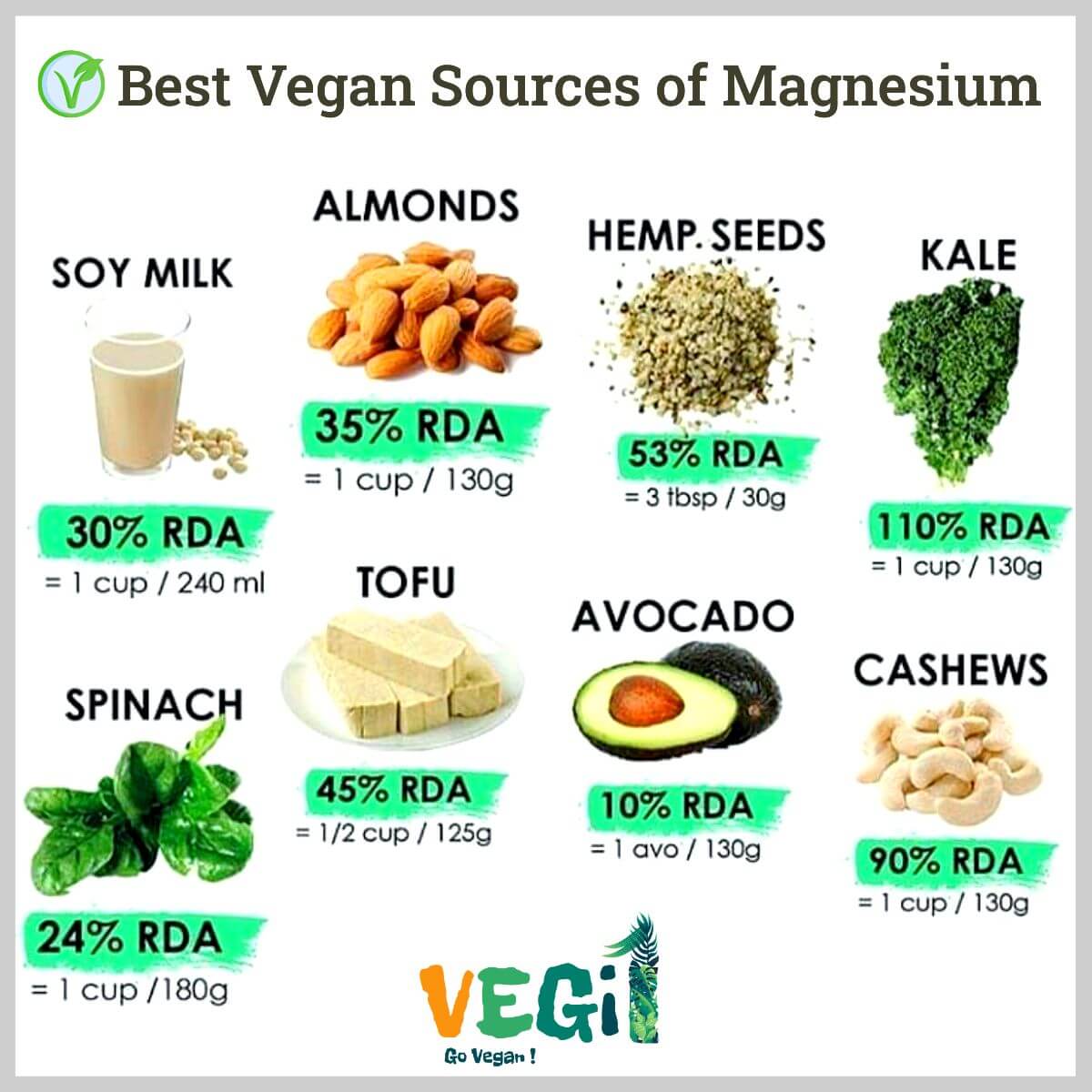
How much magnesium do vegans need per day?
The USDA recommends that adults get 400 mg of magnesium per day, but many experts believe the recommended daily intake should be higher. According to the National Institutes of Health (NIH), some studies have shown that most Americans are deficient in magnesium, which is one reason why experts recommend increasing your intake of this mineral.
The recommended dietary allowance (RDA) for magnesium is 420 milligrams for women over age 30 and 360 mg for men over 30. The RDA drops after age 30 to 320 mg for women and 300 mg for men. If you’re pregnant or breastfeeding, you need about 350 mg more than what’s recommended for non-pregnant women.
Vegans can get their daily dose through a variety of foods, such as whole grains, legumes, nuts, seeds and vegetables
Here’s how much magnesium different foods contain:
1 cup cooked spinach — 447 mg
1 cup cooked lima beans — 336 mg
1/2 cup cooked brown rice — 112 mg
1 ounce almonds (about 23 nuts) — 85 mg
1 ounce sesame seeds — 77 mg
Foods High in Zinc for Vegetarians and Vegans
Magnesium is an important mineral that plays a role in hundreds of bodily functions. It is also linked to a number of health benefits, including improved sleep and reduced stress.
Many people don’t get enough magnesium through their daily diet, which is why supplementing with it might be a good idea.
Magnesium supplements are available in pill form, as well as liquid drops and powders. Some supplements contain other ingredients such as citric acid or stearate, so it’s important to check the label before buying them.
Here are some of the best vegan magnesium supplements:
Magnesium Citrate Powder by Pure Encapsulations (vegan)
This is one of my favorite vegan magnesium supplements because it contains only three ingredients — magnesium citrate powder, sunflower lecithin, and rice flour — and no artificial sweeteners or flavors. The powder dissolves easily in water, making it perfect for making your own drinks at home or adding to smoothies and other recipes.
In the end
My name is Sara, and I have chosen a vegan diet with my family for about 7 years
I research the mineral resources that the body needs so that I can make the vegan lifestyle easier for you.
Are you worried that you are not getting enough magnesium? Ask me your questions in the comments of this article




